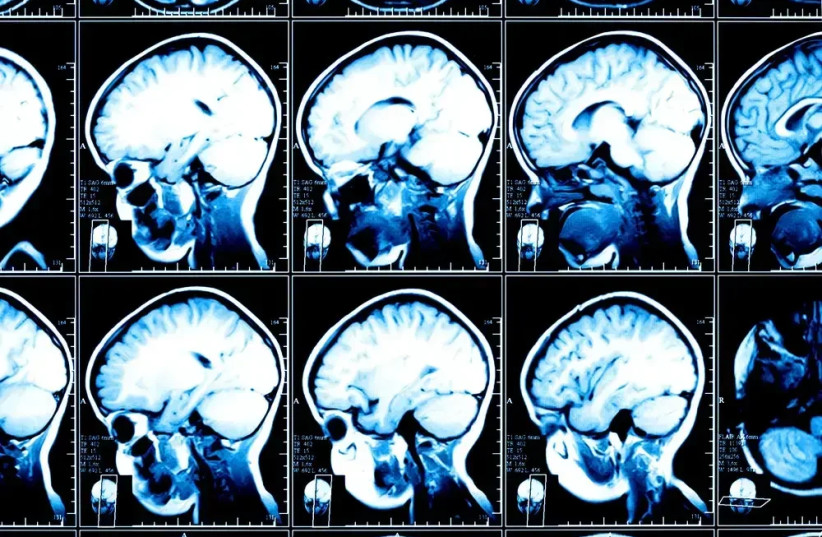Two professors at Rutgers University in New Jersey – both of them leading researchers in the field of Alzheimer’s disease (AD) – have partnered with Tel Aviv University (TAU) and the Hebrew University of Jerusalem (HU) to organize the US-Israel Alzheimer’s Disease Conference in Tel Aviv in September.
The brainchild of neuroscience Prof. Mark Gluck and neurology Prof. Michal Schnaider Beeri of Rutgers, the conference will bring together leading AD researchers from both countries to expand collaboration and cooperation between US and Israeli scientists seeking a cure.
The two Israeli co-organizers of the conference are both internationally respected leaders in Alzheimer's research: molecular neuroendocrinologist Prof. Illana Gozes of TAU and neuroscientist Prof. Hermona Soreq of HU. “The fight to cure Alzheimer’s disease cuts across national and political divisions, providing us with common goals and targets on which we can all work together,” Gluck said. This is the third brain research conference that he has organized in Israel; the first two were in 2005 and 2008.
Gozes added that “we aim to strengthen the ties of AD researchers in the two countries, promoting young scientists and collaborative efforts toward a brighter future of excellent research, disease management, and preventive measures.”
Gluck and Beeri are currently raising money to support travel fellowships for Rutgers undergraduate and graduate students to attend this meeting to present scientific posters on their own research studies relating to aging, brain health, and AD. “We hope to send Rutgers students to this meeting so that they can come back not only scientifically but also culturally and globally enriched.”

Organizers expect 100-150 Israeli guests at conference
With additional funding, Gluck and Beeri hope to expand the competition for these travel fellowships to students from other universities, as well.
In addition to the four co-organizers, the speakers in September include Michal Schwartz from the Weizmann Institute of Science in Rehovot; TAU’s Prof. Amos Korczyn; Prof. Gil Rabinovici of the University of California at San Francisco; Prof. David Bennet of Rush University Medical Center in Chicago; Prof. Mary Sano from Mount Sinai School of Medicine; and Prof. Sudha Seshadri from the University of Texas.
The organizers expect between 100 and 150 Israeli scientists, clinicians and students to attend, and students, faculty, funders, and biotech/pharmaceutical industry representatives from the United States are also expected to join. Among the topics will be molecular, cellular, systems, behavioral, and cognitive neuroscience approaches to understanding, preventing, and treating AD, with about half the talks being lab-based and/or animal studies and the other half being human clinical studies
Gluck and Beeri hope to leverage this meeting to bring more Israeli students to Rutgers and other U.S. universities in the future as graduate students and postdoctoral fellows where they can receive advanced training in neuroscience and neurology.
“The real engines of collaboration tend to be the graduate students and postdoctoral fellows, not senior faculty,” Gluck pointed out. “As such we will also be creating what is basically a job fair for Israel students.”
Starting in the summer of 2025, Gluck and Beeri plan to run a new international educational exchange program for Rutgers students, known as Brainright Israel. It will send Rutgers students to brain research labs in Israel for summer internships to gain valuable research skills and learn more about the global fight to cure AD.
